
It’s a Sunday afternoon in early October, and the trees in Berlin are clinging onto their leaves. Soon, they’ll fall away, revealing the graffiti-strewn yellows of tenement buildings that Berlin’s weather spends half the year hiding. A queue of people are forming in front of Berghain and we feel a moment of unexpected normality: for a few seconds, it could be any Sunday.
Yet this is 2020 and the giant banner that drapes across the top of Berghain reads “Morgen Ist Die Frage” — “Tomorrow is the question”. Half the people are here to dance, with masks on in the garden area, and half are here to see a socially distanced art exhibition. Despite rapidly escalating infection rates and a senate-introduced counter-measure of an 11pm city-wide curfew, Berlin is still a city where you can dance during the pandemic — but not every clubber is impressed.
“The sweaty Panorama Bar nights we love, they’re just not happening,” For someone who wishes to be known only as N, the legal form of socially distanced clubbing is’t appealing. “That’s why you go to places like Berghain, to not care. Now someone goes ‘wait, just one person by the bar’ and you’re like, ‘that’s not why I’m here…’”
We decide to leave the queue and go for a stroll. N is an artist and promoter for a private space on the outskirts of the city. Yesterday, his outdoor bar was hired for a 500-person rave. This is all illegal, but for DJs, venue owners and anyone else in nightlife, the mood is getting heavy. Despite an estimated 60 legal events having taken place across the city this past weekend, concerns amongst artists and workers for their livelihoods are intensifying. It’s a situation that had led to many being criticised for playing what have become known on social media as plague raves.
“At this point, it’s rave to survive,” says N, as he shows us video footage of the previous night. Despite the understandable demonisation of secret parties in the press, the clusters of people dancing in the fresh air looks more socially distanced than the bustling, perfectly legal street market we’re currently walking around, in Boxhagener Platz.
“The organisers were a bar in Neukölln,” N says of the rave. “I think they did it because they’re struggling [financially] so much that it’s like, ‘I don’t care if I get fined because I can’t pay my rent next month anyway. If I don’t do this, I can’t pay my people, I can’t pay my bills, I’m not sure if I can even buy food.’ It’s that serious.”

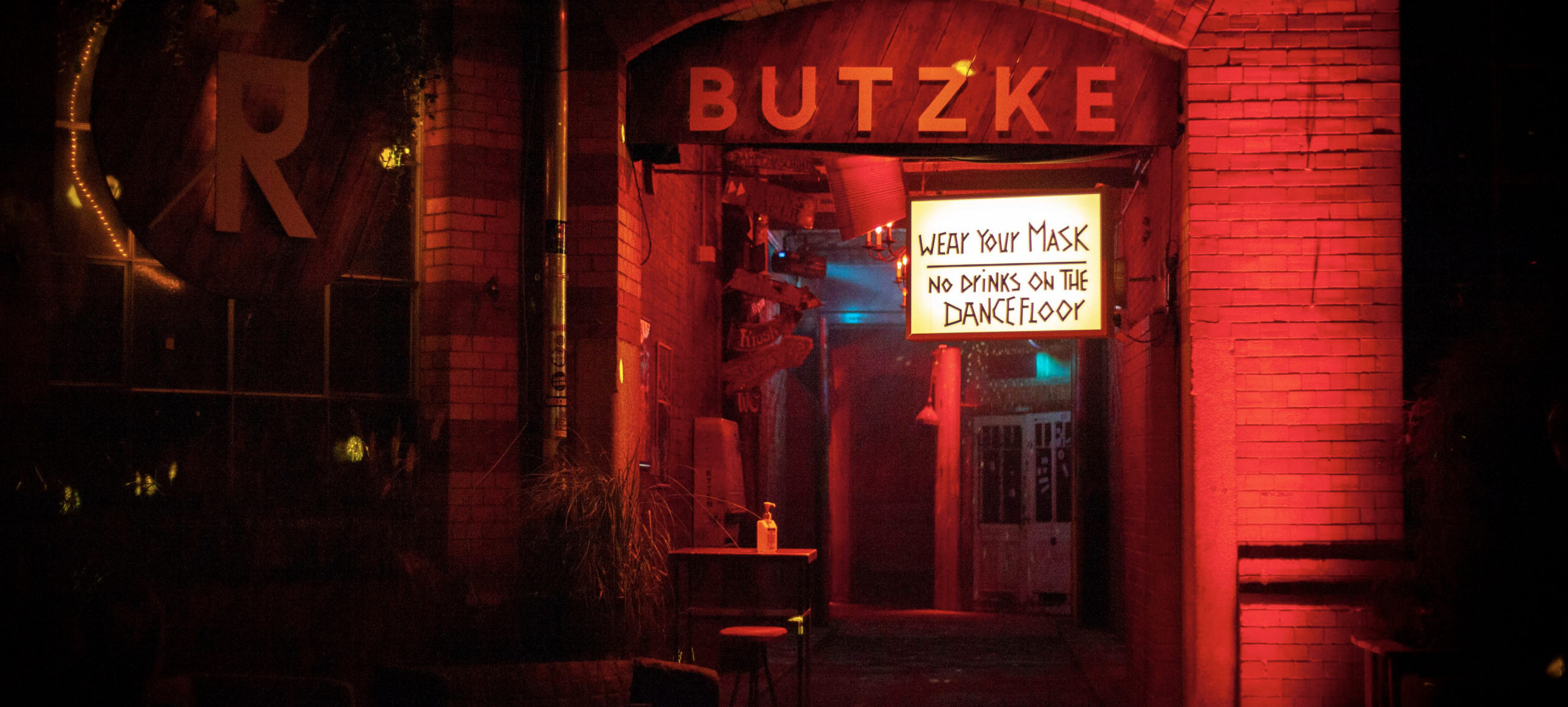
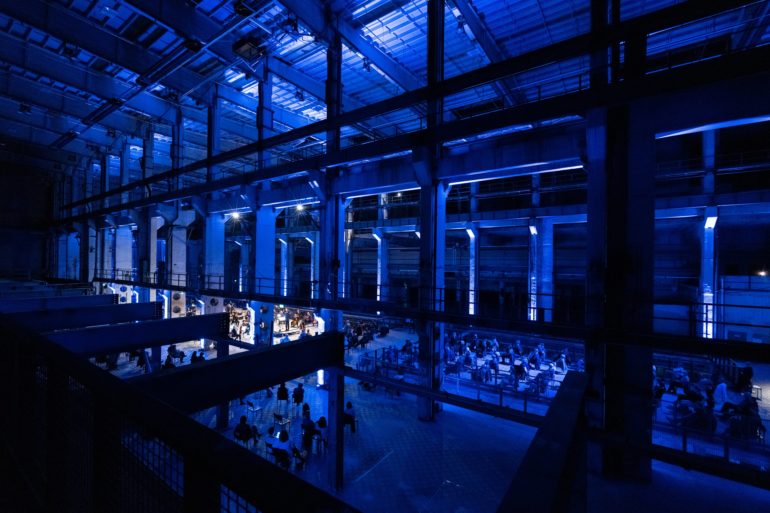

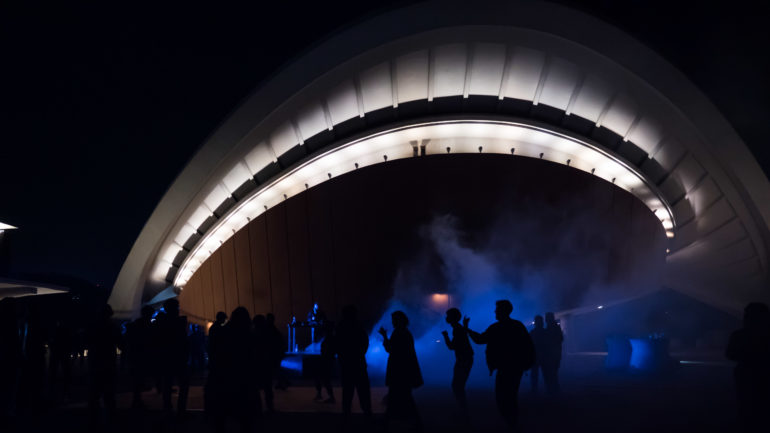
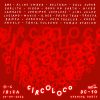



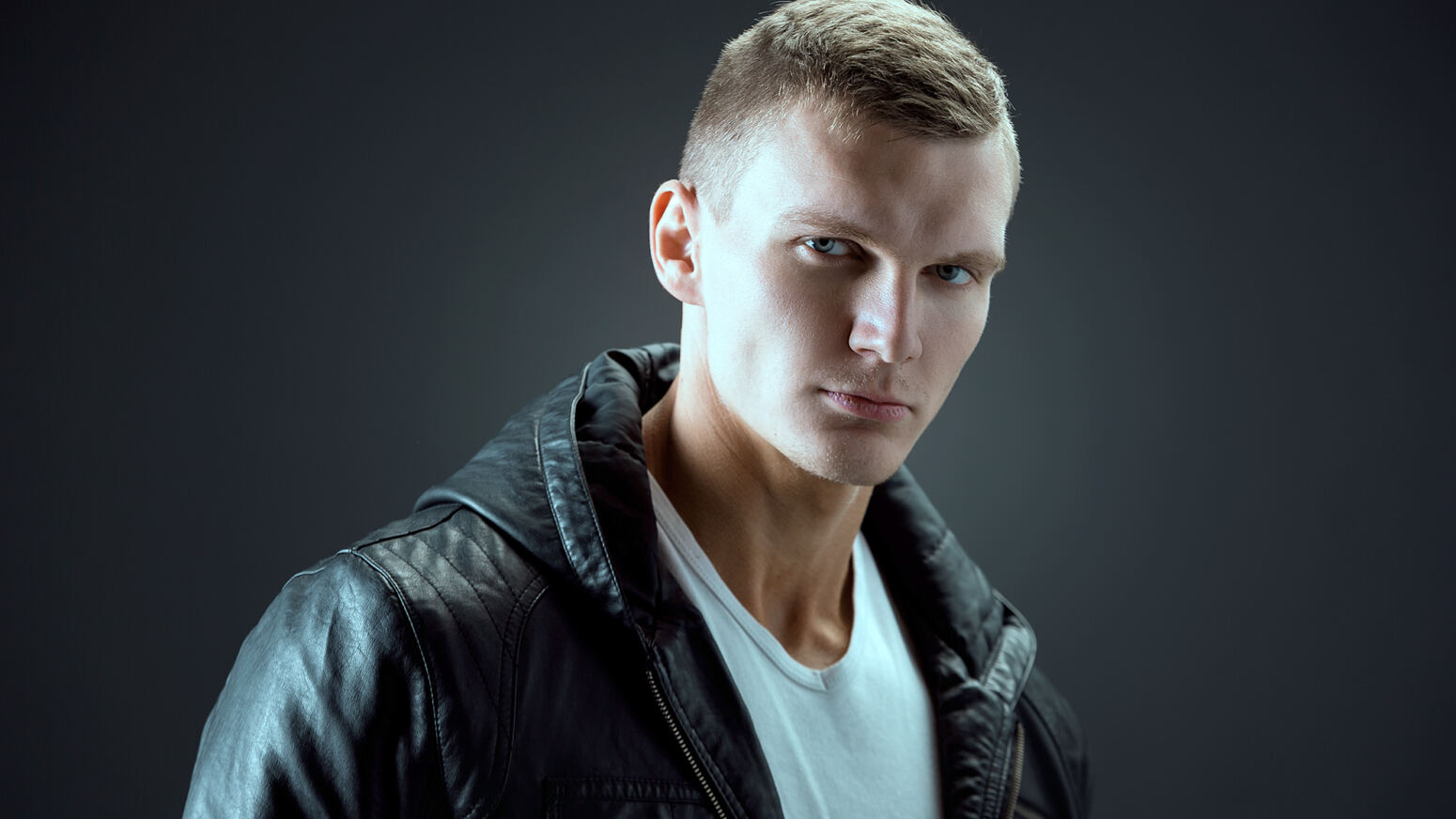
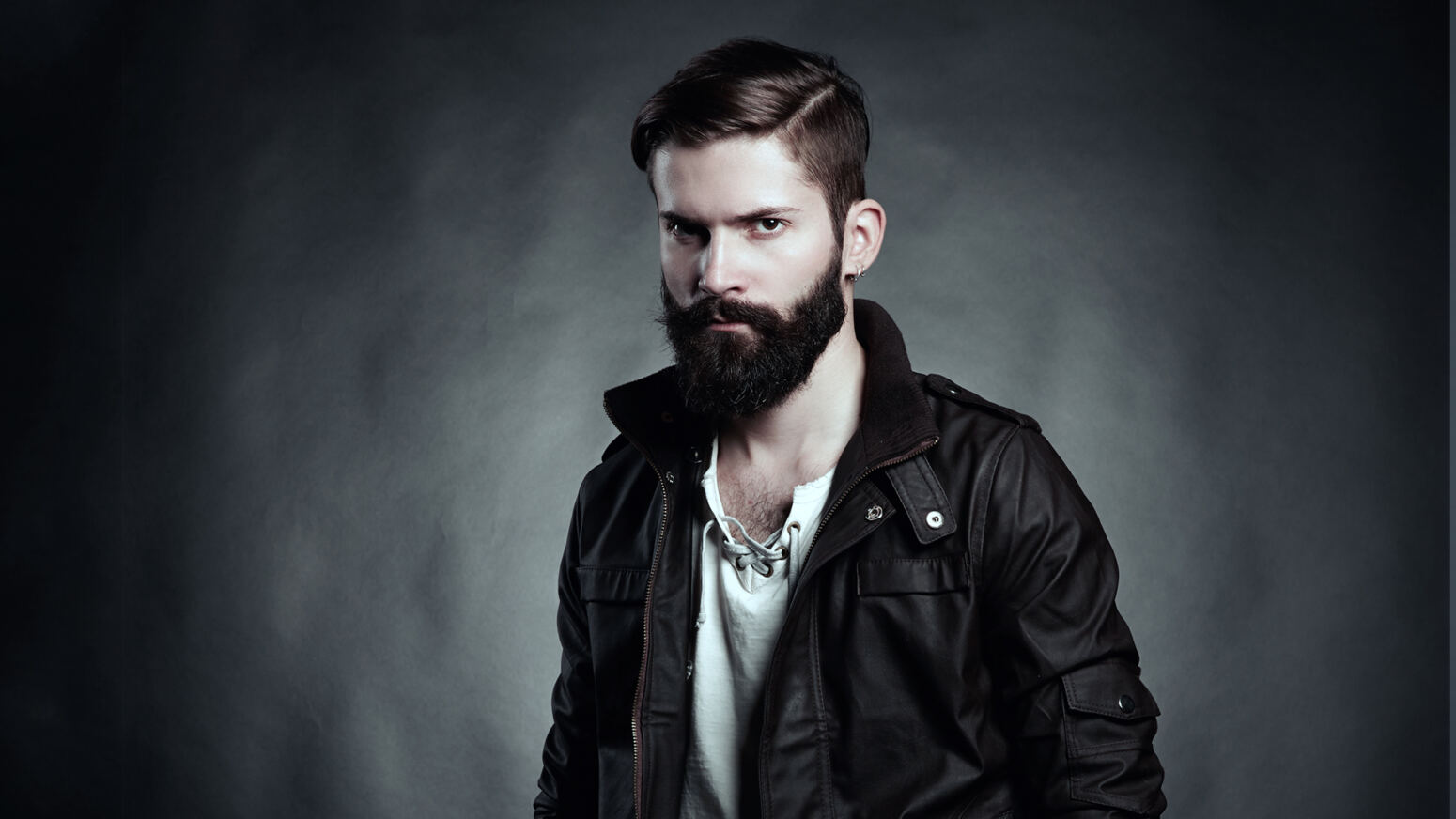
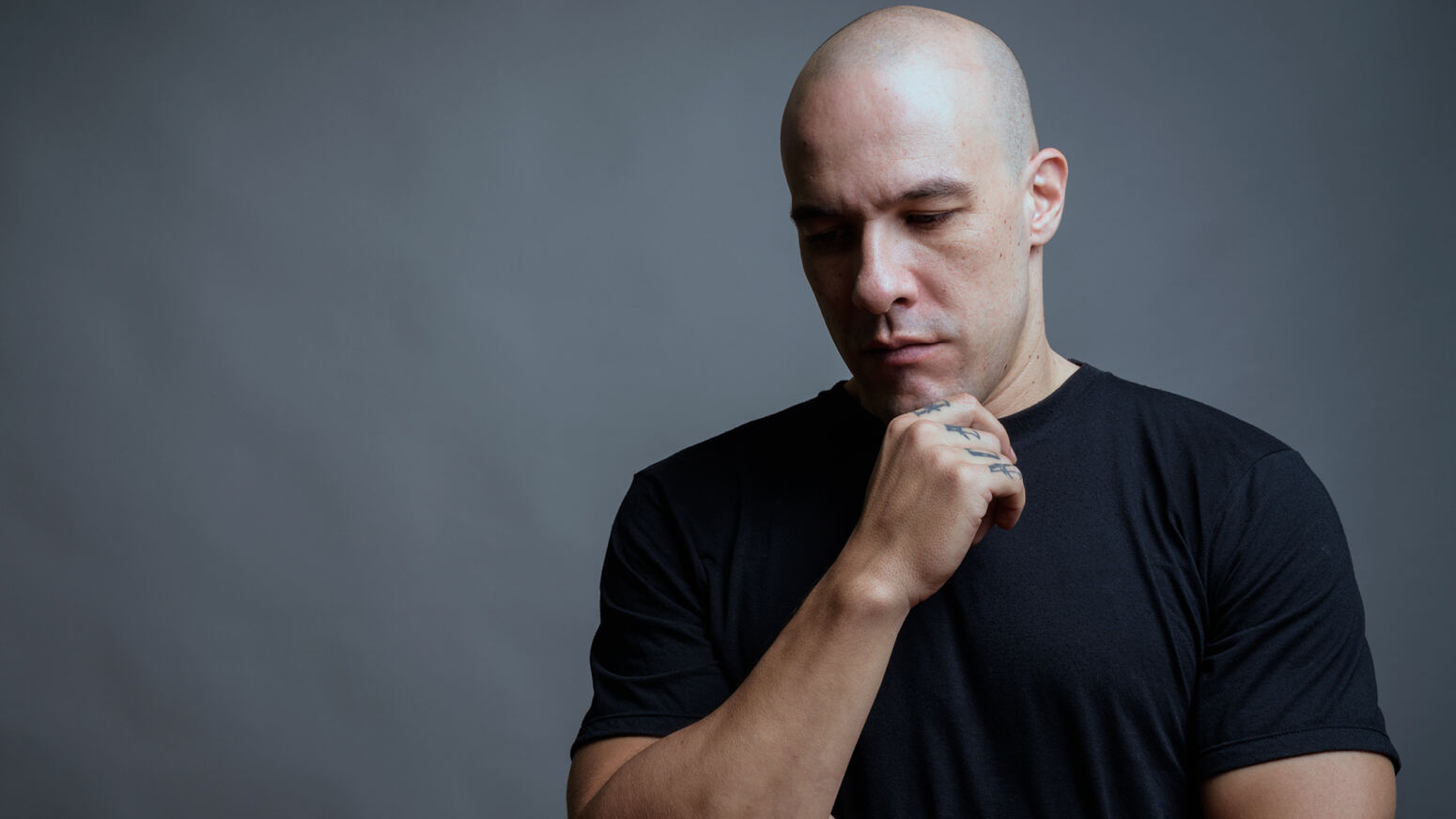
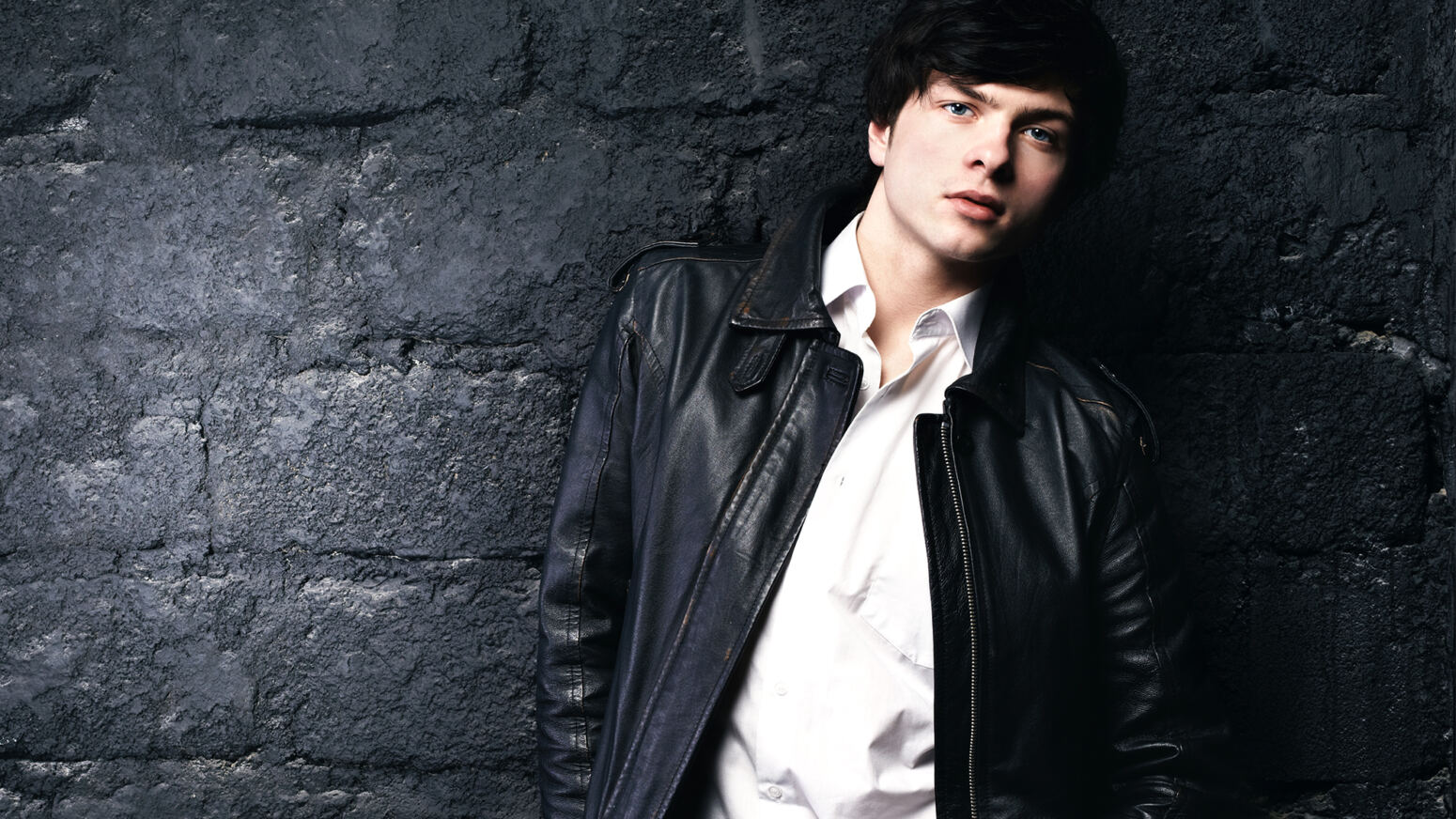
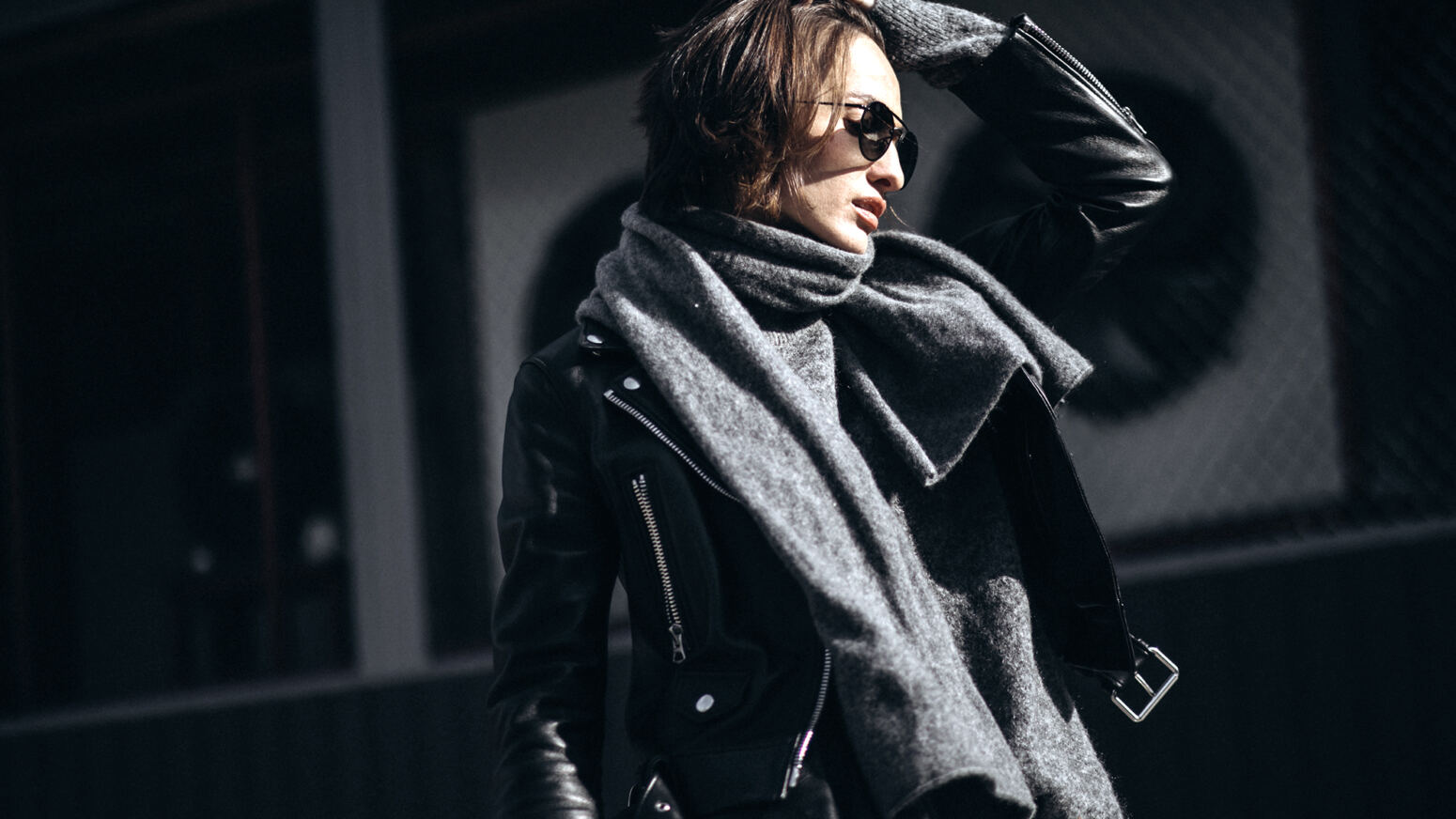

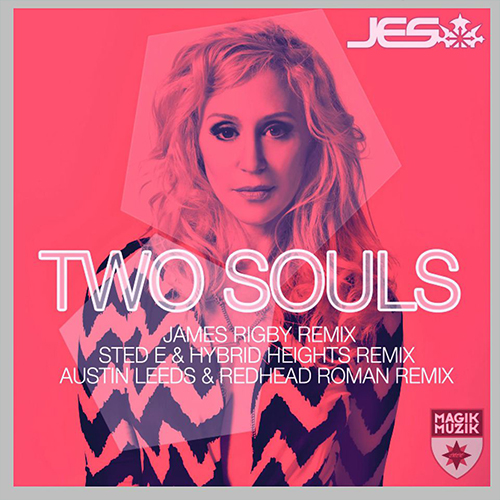


Post comments (0)